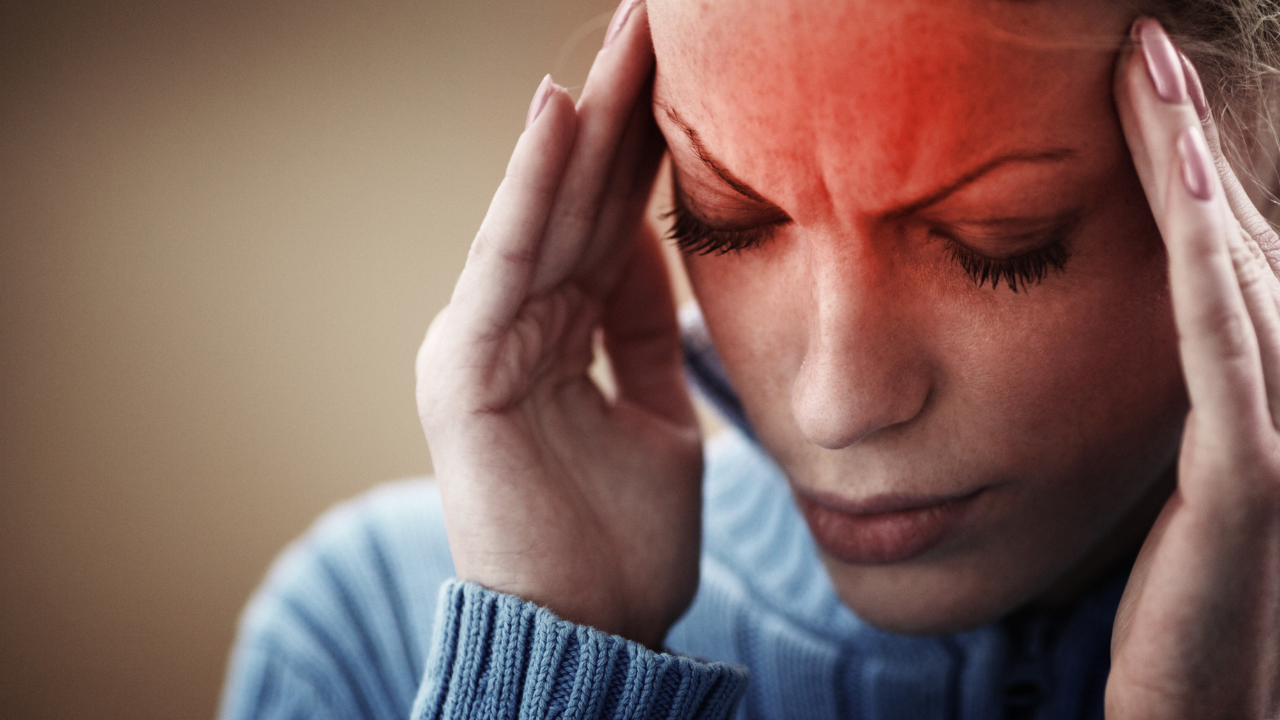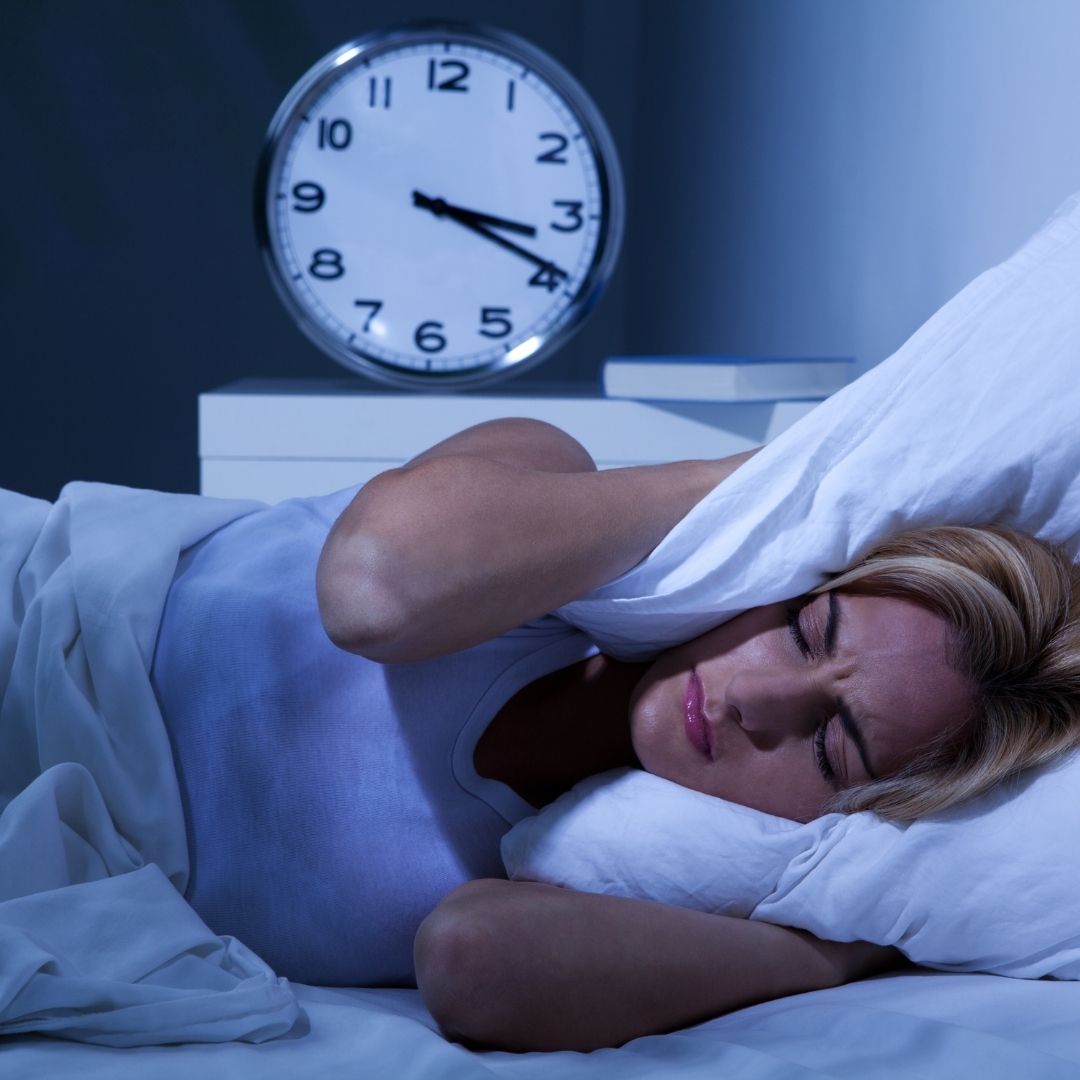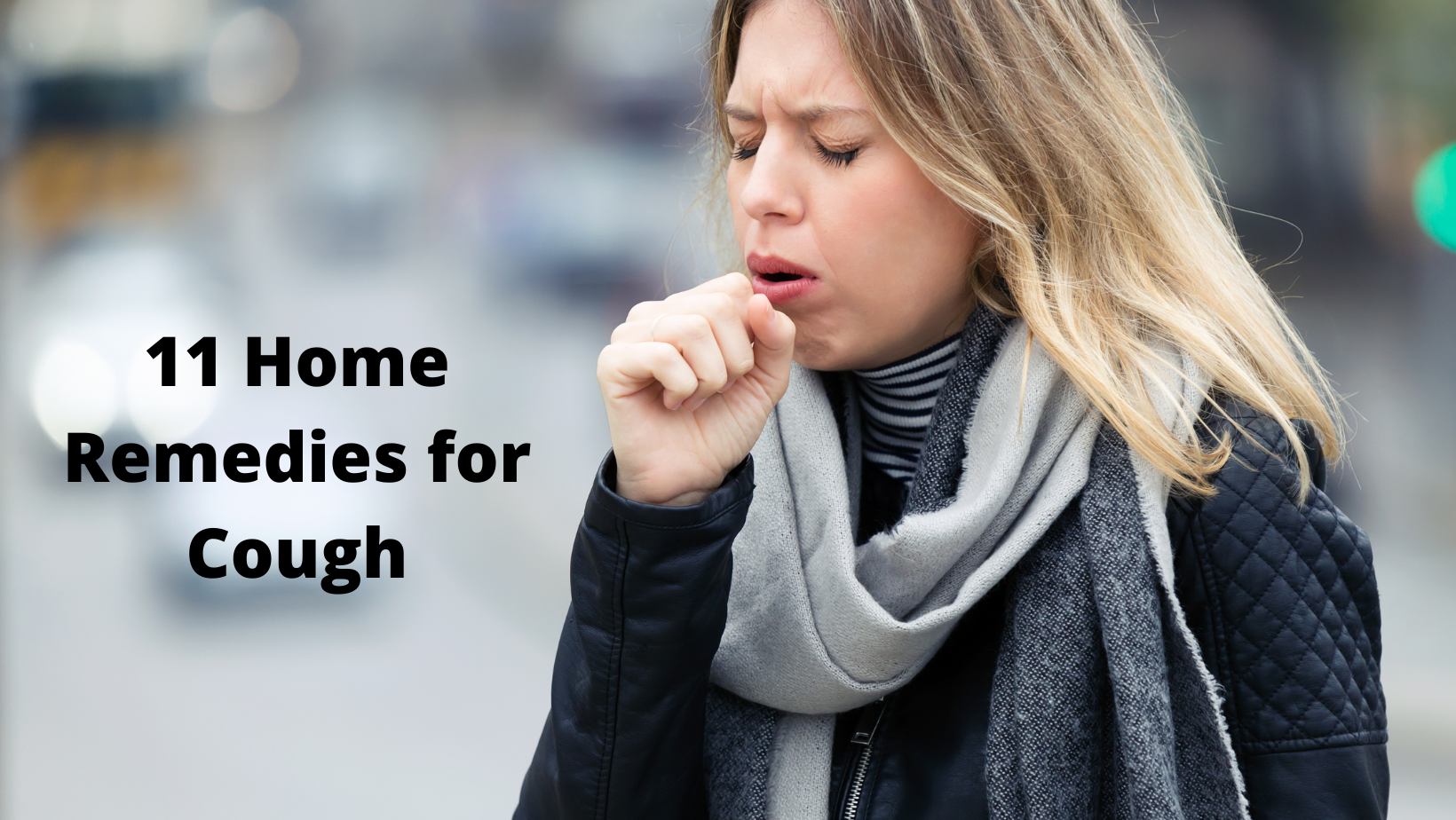15 Natural Remedies for headaches- How to get rid of headaches naturally
Headaches are a common condition that affect almost everyone at some point in their lives. Whether it's a dull ache or a sharp pain, headaches can range in severity and duration. While they are often not a cause for concern, chronic or recurring headaches can have a significant impact on an individual's quality of life.
Understanding their causes, and natural remedies can help individuals manage and alleviate their symptoms. This article tells you 15 natural remedies for headaches, what are the causes of headaches.
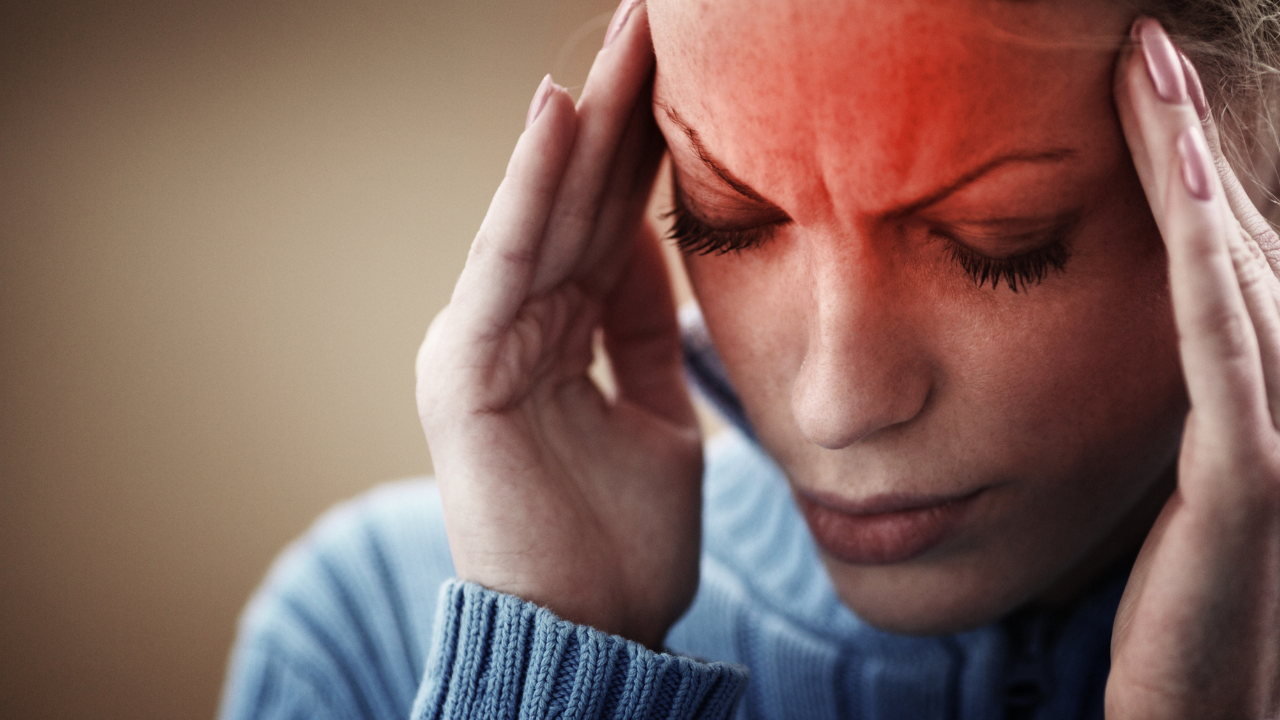
Causes of Headaches
Almost everyone gets headaches at some point or another. Most headaches are caused by short-term stresses and have nothing to do with changes in the brain's structure. Often, they are a sign from nature that something is wrong with the body. The pain, on the other hand, comes from irritation of the nerve endings in the muscles of the shoulder, neck, and head, as well as in the smooth muscles and blood vessels that serve these areas.
They can be caused by a variety of factors such as tension, stress, dehydration, sinusitis, allergies, and even poor posture. While over-the-counter painkillers may provide some relief, there are many natural remedies that can help alleviate headaches without the use of medication. In this blog, we will discuss some of the most effective natural remedies for headaches.
Natural remedies for headaches
1. Dietary considerations
The best way to prevent headaches is to strengthen your physical resistance through healthy nutrition, exercise, and positive thinking.
As a first step, the person should fast for two hours and drink citrus fruit juice diluted with water every two hours from 8 a.m. to 8 p.m. daily. Following that, he should prepare his meals to put as little burden on his digestive as possible. Breakfast can include both fresh and dried fruit. lunch may consist of protein meals. Dinner should include starchy foods such as whole wheat bread, cereals, rice, or potatoes, as well as raw salads.
Spices, sauces, sour buttermilk, and fatty foods should all be avoided. A glass of water (warm in the winter and cool in the summer) mixed with a spoonful of honey first thing in the morning is another effective cure.
2. Stay hydrated
Dehydration is a common cause of headaches. Make sure to drink plenty of water throughout the day to keep your body hydrated. Aim for at least 8-10 glasses of water daily.
3. Apply a cold compress
Applying a cold compress to your forehead can help reduce inflammation and ease the pain. You can use a cold pack, a bag of frozen vegetables, or a towel soaked in cold water.
4. Practice relaxation techniques
Stress and tension are common triggers for headaches. Practicing relaxation techniques such as deep breathing, meditation, or yoga can help reduce stress and tension, and alleviate headache pain.
5. Massage your temples
Massaging your temples can help relieve tension and reduce headache pain. Use your fingertips to massage your temples in a circular motion for several minutes.
6. Take a warm shower or bath
A warm shower or bath can help relax your muscles and ease tension in your head and neck. It can also help improve blood circulation, which can reduce headache pain.
7. have Lemon Tea
There are many ways to treat different kinds of headaches. Lemon is helpful in treating it. The best way to treat this is to squeeze the juice of three or four lemon slices into a cup of tea and drink it. It gives relief right away.
8. Eat Apples
Apples are beneficial for all types of headaches. In such circumstances, after removing the upper skin and the inner hard portion of the ripe apple, it should be consumed with a little salt every morning on an empty stomach. This should be done for at least a week.
9. Have Ginger tea
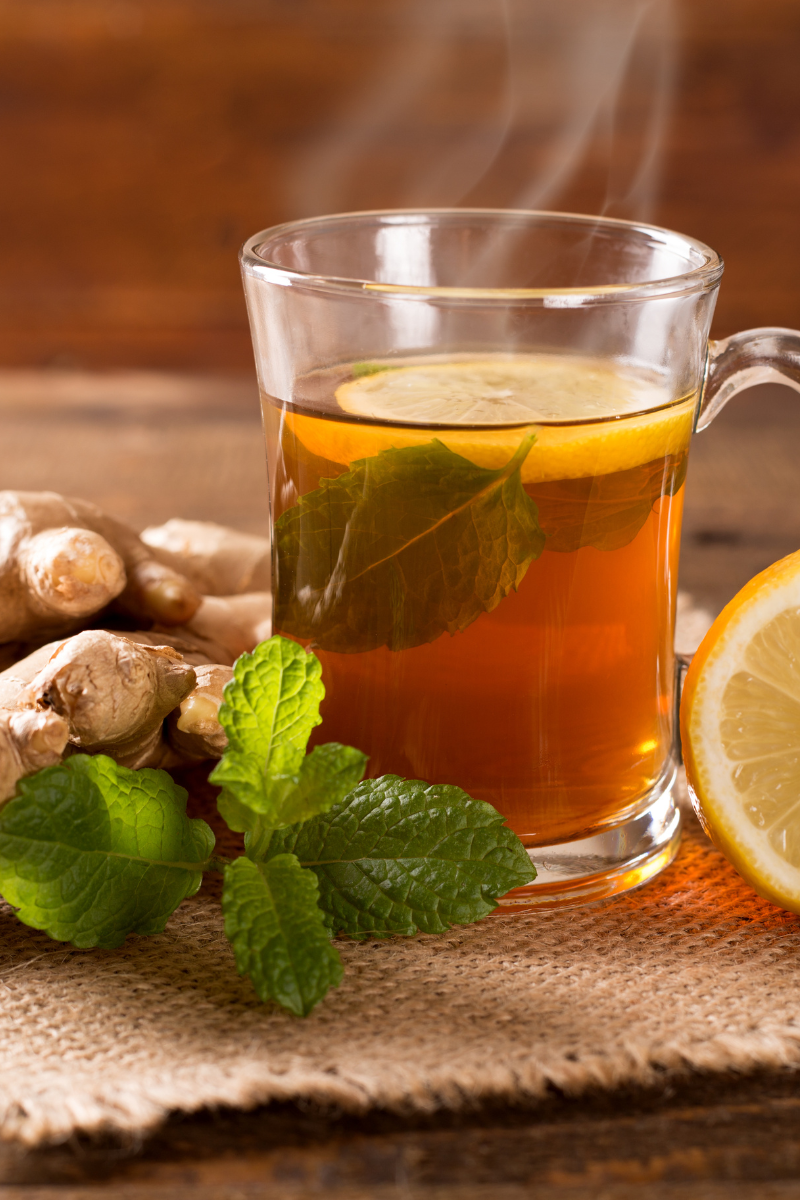
Ginger is an effective pain reliever. It has the ability to alleviate all sorts of pain and is also one of the best natural remedies for headaches. Having ginger and lemon tea helps in relieving headaches.
Ginger root contains numerous beneficial chemicals, such as antioxidants and anti-inflammatory agents.
Ginger ointment, produced by rubbing dry ginger with a little water on a grinding stone and applied to the forehead, provides relief from headaches.
10. Take Rosemary steam
The herb rosemary has been found to help with cold-related headaches. One litre of water should be boiled with a handful of the herb and then poured into a mug. The patient should cover their head with the towel and breathe in the steam for as long as they can. This should be done again and again until the headache goes away.
11. Use essential oils
Essential oils such as lavender, peppermint, and eucalyptus have been shown to help alleviate headache pain. You can apply them directly to your temples or add a few drops to a diffuser or bathwater.
12. Drink caffeine
Caffeine is a natural pain reliever and can help reduce headache pain. However, be careful not to overdo it, as too much caffeine can actually cause headaches.
13. Get enough sleep
Lack of sleep can trigger headaches. Make sure to get enough sleep each night to help prevent headaches from occurring.
14. Avoid trigger foods
Certain foods such as processed foods, alcohol, chocolate, and aged cheeses can trigger headaches in some people. Try to avoid these foods if you notice that they trigger your headaches.
15. Try acupuncture
Acupuncture has been shown to help alleviate headache pain in some people. It involves the insertion of thin needles into specific points on the body to help promote relaxation and reduce pain.
To summarise, there are numerous natural therapies that can help relieve headache discomfort without the use of medicine. You can lower your risk of headaches and enhance your general quality of life by being hydrated, practising relaxation techniques, massaging your temples, utilising essential oils, and getting enough sleep. If your headaches persist or become severe, you should get medical attention from a qualified specialist.

